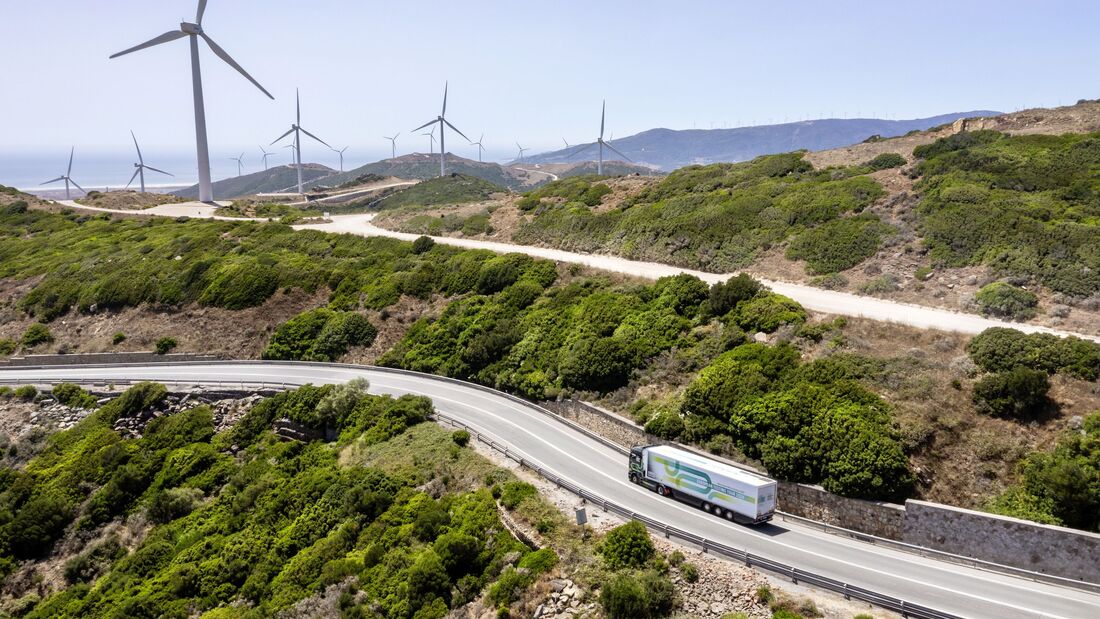At the beginning of April this year, the time had finally come: the European Parliament adopted the new measures already agreed with the EU Council to tighten the CO2 emission reduction targets for heavy commercial vehicles.
The CO2 emissions of heavy trucks, vehicles such as refuse trucks, tippers or concrete mixers as well as coaches must be reduced by 45 percent in the period from 2030 to the end of 2034, by 65 percent from 2035 to the end of 2039 and by 90 percent from 2040. New city buses must reduce their emissions by 90 percent by 2030 and become emission-free vehicles by 2035. Emission reduction targets will also be set for trailers and semi-trailers for the first time from 2030, namely 7.5 percent and 10 percent respectively.
According to the European Parliament, the law requires the EU Commission to carry out a detailed review of the effectiveness and impact of the new regulations by 2027. Among other things, this review must examine whether the regulations should be applied to lighter trucks. The impact of biofuels and their possible inclusion in the CO2 limits will also be examined. One point that will be analyzed is the role of a methodology for the registration of heavy-duty vehicles that run exclusively on CO2-neutral fuels. Another point is what role a carbon correction factor (CCF) could play in the transition to zero-emission trucks.
Truck manufactures have set ambitious targets
However, many truck manufacturers have also set their own ambitious climate targets in addition to those set by politicians. The Iveco Group, for example, wants to reach the zero-emission mark by 2040. The Volvo Group, on the other hand, is aiming for every second vehicle sold to be electric by 2030 - for both Volvo Trucks and Renault Trucks. By 2040, both brands aim to sell only 100 percent locally emission-free commercial vehicles. It sounds similar at Traton, the parent company of MAN and Scania: here, around half of new sales are to be zero-emission vehicles by 2030. According to Traton, however, this target applies explicitly to Europe and North America - and is subject to the necessary framework conditions (keyword: charging infrastructure) being in place.
Daimler Truck is also expressly committed to the Paris climate protection agreement. The company wants to make sustainable transportation a success and thus make an important contribution to combating global climate change.Specifically, Daimler Truck wants to sell only vehicles that are CO2-neutral in operation in North America, Europe and Japan from 2039. This goal is to be achieved worldwide by 2050.According to its own information, the Group's production in Europe has already been CO2-neutral since 2022. The production facilities in the USA, India and Japan are to follow by 2025. Finally, from 2039, Daimler Truck aims to achieve CO2-neutral production in all plants and divisions worldwide. A tight schedule!





